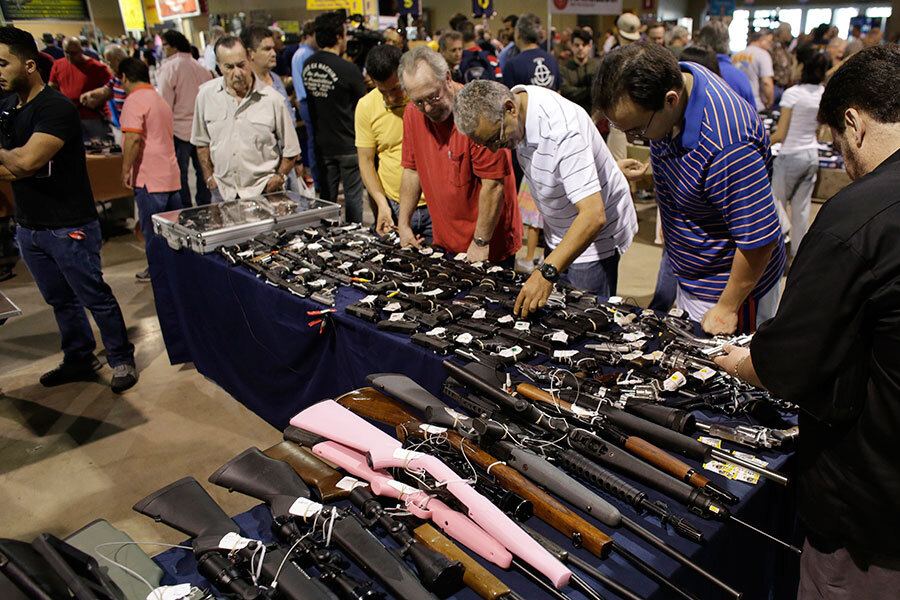As we have noted above, wealth begets more wealth. Higher levels of wealth enable greater access to more favorable terms for credit. Wealth provides individuals and families with financial agency and choice; it provides economic security to take risks and shields against the risk of economic loss.
Basically, wealth is cumulative. It provides people with the necessary capital to secure finance and purchase an appreciating asset, which in turn, will generate more and more wealth (Hamilton, 2017). Literally, it takes wealth to make wealth, while blacks largely have been excluded from intergenerational access to capital and finance.
It merits noting, again, that the Gittleman and Wolff (2004) study cited in the previous section, which used panel data long prior to the 2007 predatory subprime mortgage lending crisis, did not find a significant racial difference in asset appreciation rates for households with positive assets, once household income is taken into account. This result emerged despite the well-documented evidence of historical and ongoing housing and lending discrimination (Bocian, Li, and Ernst, 2010; Institute on Race and Poverty, 2009; Oliver and Shapiro, 2006; Katznelson, 2005).
There is also a presumption that, as a result of financial irresponsibility, blacks carry much greater debt than whites, but, this presumption is not valid (Hamilton and Darity, 2017). Tippett and coauthors (2014) find that, overall, a slightly larger share of white families has unsecured debt than black families. Furthermore, after controlling for basic socioeconomic and demographic characteristics, the study finds no significant difference in the value of black and white family unsecured debt holdings.
When unsecured debt is disaggregated into three categories: (1) store bills and credit card debt, (2) loans from a bank or credit union, and (3) “other” types of debts, including student loans and medical bills, it is only the “other” category in which there is a statistically significant racial difference in unsecured debt—21.5 percent for black families and 19 percent for white families. This debt category represents borrowing for school and other critical needs, including medical care (Tippet et al., 2014).
Paul et. al. (2016) demonstrate that among relatively better-off students who are able to attend college, blacks are 25 percent more likely to accumulate student debt and, on average, borrow 10 percent more than their white counterparts. The adverse implications of the liability produced by these racial differences in self-investment debt are compounded by the fact that black students are one-third less likely to complete their degrees, often because of the greater financial burden that precipitated student loan borrowing in the first place. Paul et. al. (2014) found that 29 percent of black students who leave college after their first year do so for financial reasons.
Student loan debt and mortgage debt traditionally have provided Americans with access to the finance needed to purchase an appreciating asset such as a house or secure a job in the professional or managerial sector. In effect mortgage debt and student loan debt may be considered a form of “good debt,” especially in comparison to other types of debt 10 In terms of student loan debt, there is evidence that for-profit colleges and universities, which often issue misleading claims about graduation and job placement rates, disproportionately enroll and target black students (see Huelsman, 2015; McMillan-Cottom, 2017; Seifert, 2017). Huelsman (2015) states that “[t]he University of Phoenix, for example, was spending as much as $400,000 a day on advertising. Ads for these colleges were ubiquitous in communities of color, on commercials for daytime television programs, at bus stops and subways, and in other places where black and brown people congregated. They enlisted leaders in the black community to advertise on their behalf, as comedian and television host Steve Harvey has for Strayer University, or as Al Sharpton has when he devoted glowing television coverage to the University of Phoenix in a special sponsored by the forprofit behemoth.” 29 like credit card debt, which is often associated with consumption or some good that rapidly depreciates in value (Hamilton, 2017). However, the implication of so-called “good debt” has different meaning, once we consider race and the prevailing framework of subjecting a marginalized racial group to inferior housing and educational products, predatory finance, and labor market discrimination (Hamilton and Darity 2017).



